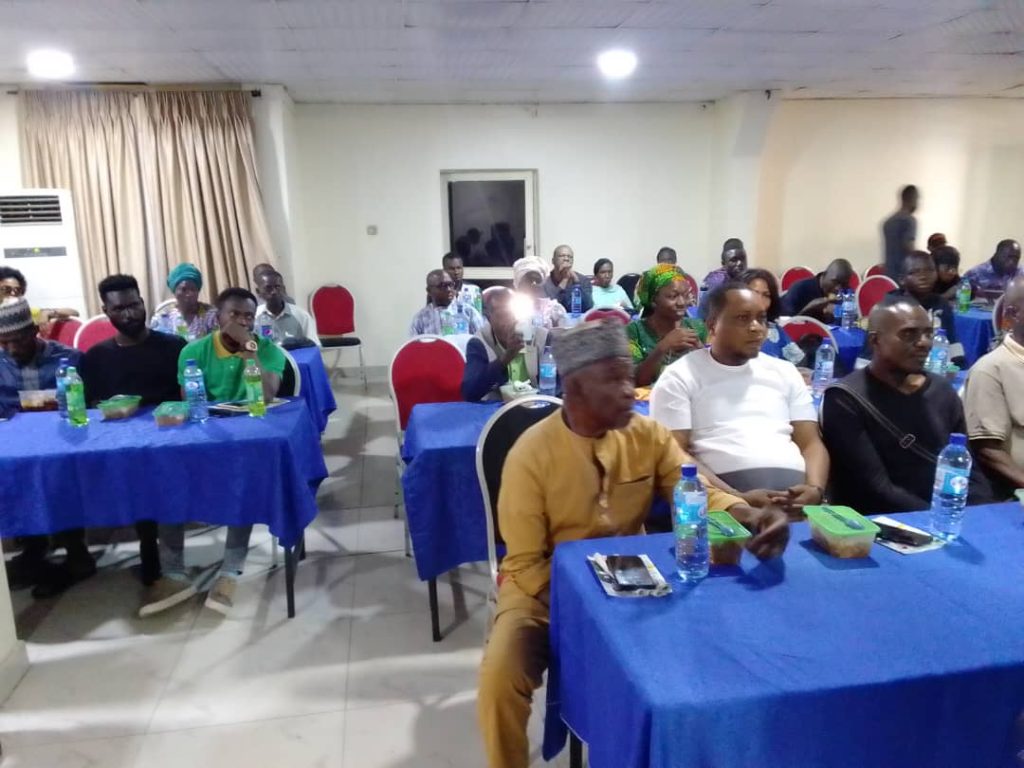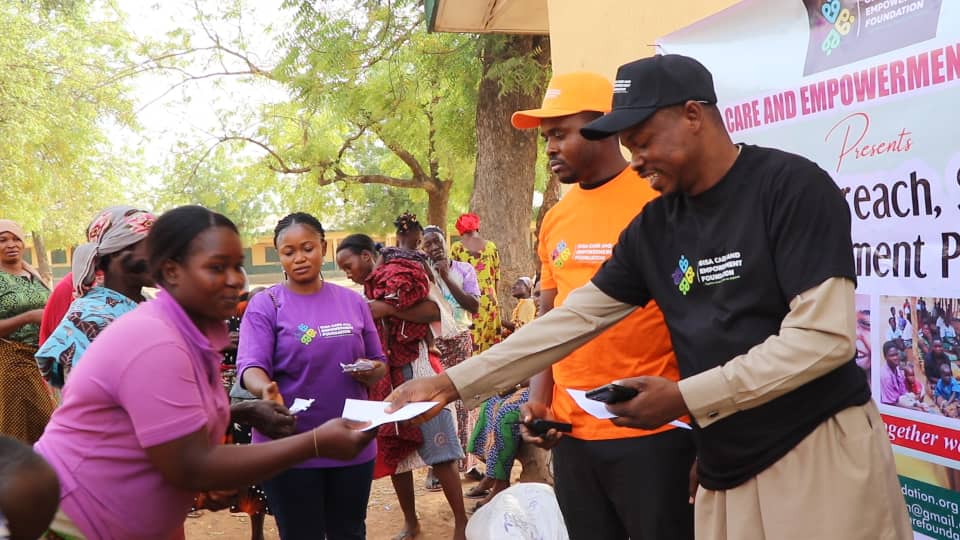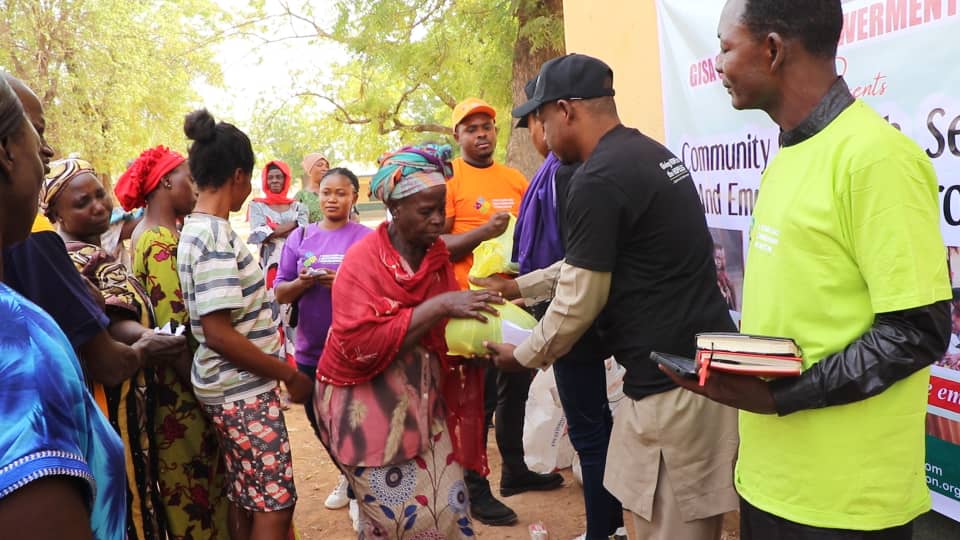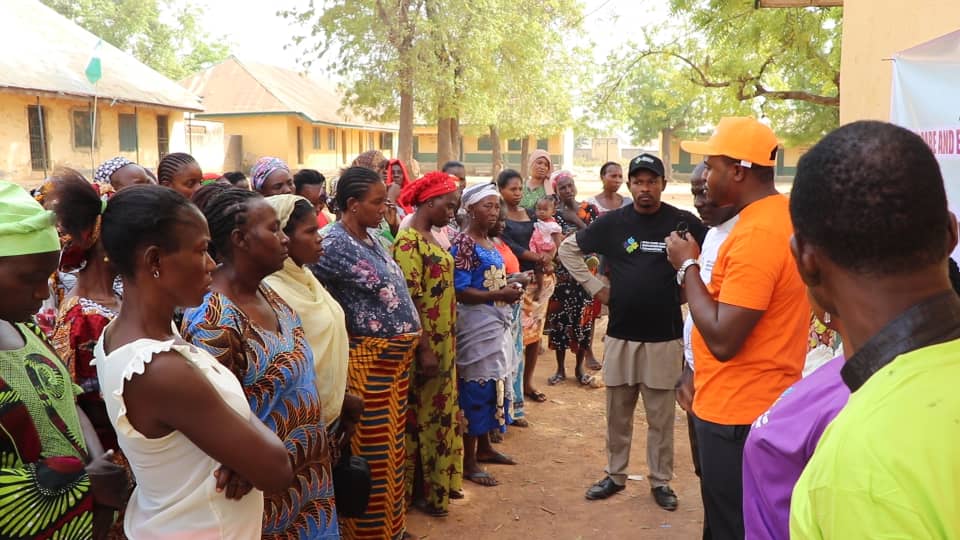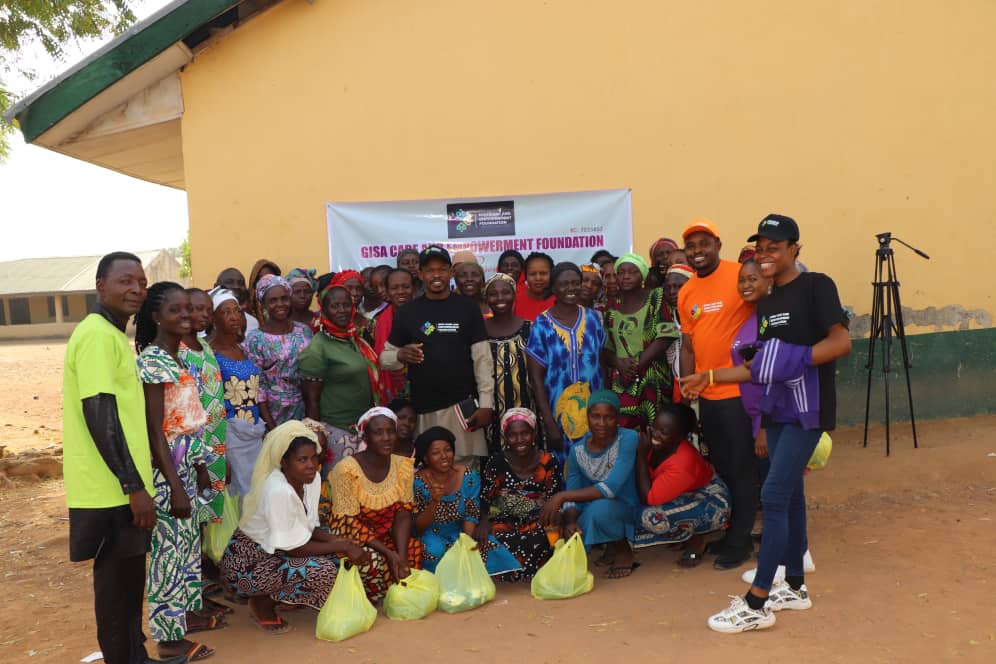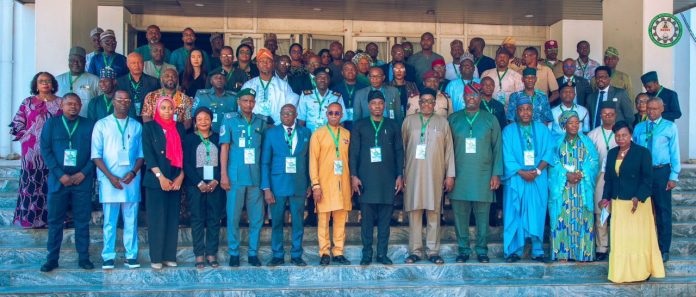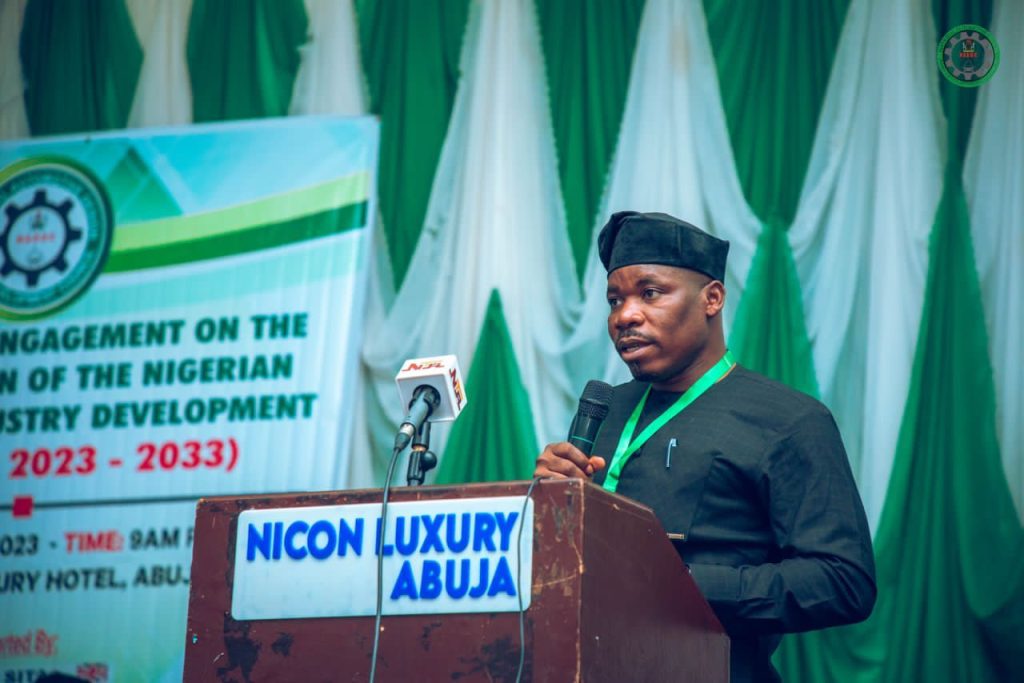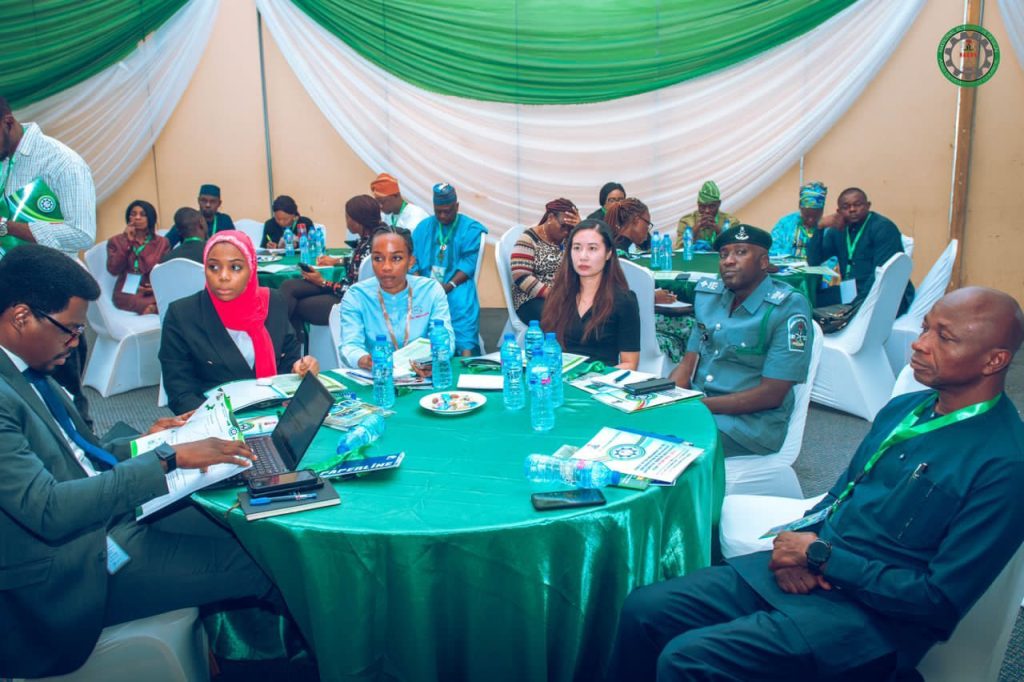In the tapestry of Governor Yahaya Bello’s legendary administration in Kogi State, one name resonates quietly yet profoundly—Ali Bello. A technocrat and administrative virtuoso, Ali Bello has been the invisible force behind the scenes, steering numerous successes that have defined the state’s transformative journey.
As Governor Yahaya Bello’s administration concludes on January 27, 2024, it leaves behind a legacy marked by a plethora of infrastructure and overall development in Kogi State. However, the first term, spanning from 2015 to 2019, was not without challenges. Heavy criticism emerged as the populace eagerly awaited the tangible dividends of democracy. While Governor Bello was fervently committed to infrastructural and rural development, his ideas faced resistance from some once-trusted allies and members of his administration. The divergence in priorities became apparent, with the governor emphasizing infrastructure while others leaned towards human capital development and political empowerment.
The turning point came with the intense campaign for Governor Bello’s second term in 2019, a victory that solidified his commitment to the state’s progress. As the whistle blew for his second term, ongoing projects were swiftly completed, and new ones emerged, transforming the state’s landscape. Key projects such as the establishment of Confluence University of Science and Technology in Osara, the construction of the Ganaja flyover, and the establishment of ultramodern General Hospitals in Gegu, Isanlu, and the expansion of the General Hospital in Idah to a Zonal hospital began to take shape. At the heart of the execution of these monumental projects was the hands-on involvement of Ali Bello.
One remarkable example is the construction of the Ganaja flyover, a project initially rejected by Governor Bello due to its high contract cost. The previous administration had awarded the flyover project at a staggering cost of over ten billion naira. It was Ali Bello and his adept negotiating skills that secured TEC Engineering Construction Company for a more cost-effective deal, expanding the project beyond its previous design. The governor himself acknowledged that without Ali, the construction of the flyover would have remained an unattainable feat.
While other associates of the governor were visibly present around him and within the government house vicinity, Ali Bello stood out by being ubiquitous at all project sites, spanning from Kogi East to Central and West. His relentless commitment aimed at ending the era of subpar execution of contracts became the driving force behind the state’s development.
This article aims to shed light on the unsung hero, Ali Bello, clarifying that any antagonistic disposition towards Governor Yahaya Bello’s first tenure was not out of malice but a genuine desire for the well-being of the people. As a staunch observer of the state’s affairs, it is imperative to commend those who positively influenced the change in governance. Ali Bello emerges not only as a catalyst for progress but also as a misunderstood figure. In his quest for transparent spending on people-centric projects, Ali became an inadvertent target of hatred and animosity, facing malicious victimization, orchestrated plots, and accusations. Despite the adversity, Ali Bello’s diligent work, passion for excellence, and genuine dedication to the well-being of the people have played a pivotal role in the progress that Kogi State has achieved under Governor Yahaya Bello’s visionary leadership.
Joseph Ikani, Ph.D
Centre For Public Accountability, Abuja
akinjoe1979@yahoo.com
